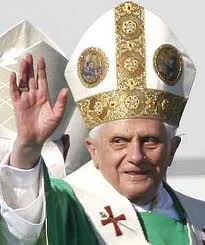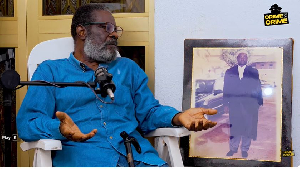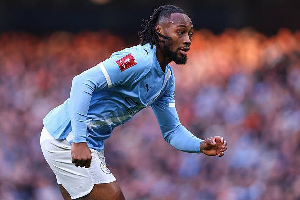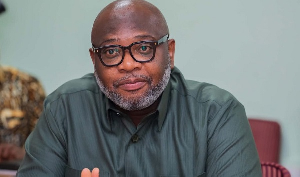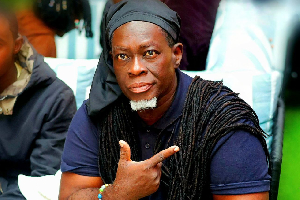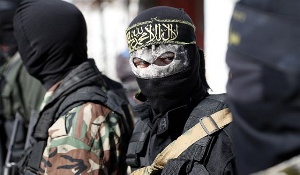The 115 cardinal-electors will attend a special Mass in the morning before processing into the Sistine Chapel to begin their deliberations in the afternoon.
They will vote four times daily until two-thirds can agree on a candidate.
The election was prompted by the surprise resignation of Benedict XVI.
The challenges of leading a church beset by problems ranging from the sexual abuse scandal to accusations of corruption at the Vatican bank proved too much for the 85-year-old now known as Pope emeritus, say correspondents.
They now lie ahead for his successor, once he is elected.
Doors locked
Tuesday morning will be dominated by the saying of the Mass "for the Election of the Supreme Pontiff", beginning at 1000 (0900 GMT) in St Peter's Basilica.
In the afternoon, 115 cardinal-electors - all under 80, as those over 80 are excluded - will proceed into the Sistine Chapel for the secret conclave to select Benedict's successor.
Once they have taken an oath of secrecy, Msgr Guido Marini, papal master of ceremonies, will call out the words "Extra omnes" - "Everybody out" - and the chapel doors will be locked to outsiders.
The 85-year-old Pope emeritus resigned on 28 February after eight years in office, citing ill health. He was the first Pope in six centuries to do so.
Cardinal Joseph Ratzinger was the marked favourite ahead of the 2005 conclave that elected him pope after just four rounds of voting, says the BBC's Michael Hirst in Rome.
His status was compounded by a strong sermon given during the pre-election mass, a scathing attack on what he saw as the "dictatorship of relativism".
The vote for his successor is expected to be much longer.
After 10 general congregations open to all cardinals, regardless of age - at which 160 cardinals spoke of the issues facing the faith and its 1.2 billion adherents, and the qualities needed by their next leader - no clear frontrunner has emerged, our correspondent says.
"Last time around there was a man of stature, three or four times that of any other cardinal," French Cardinal Philippe Barbarin told reporters, according to Reuters news agency.
"That is not the case this time around. Therefore, the choice has to be made among one, two, three, four... a dozen candidates.
"We still don't really know anything. We will have to wait for the results of the first ballot." Cardinal Angelo Sodano - the dean of the college of cardinals who will lead Tuesday's Mass and issue a sermon likely to touch on the themes and priorities raised during the congregations - is too old to vote at 85 and not seen as a contender for the papacy.
Candidates named as contenders include Cardinal Angelo Scola of Milan, Brazil's Odilo Scherer, and the US Cardinal Timothy Dolan - though he told one interviewer anyone who thought he was in with a chance might be "smoking marijuana".
Emphasis on secrecy
Once inside the Sistine Chapel on Tuesday, cardinals will listen to a meditation by elderly Maltese Cardinal Prosper Grech before holding a first vote, after which their ballot papers will be burned.
The smoke that will drift out of the chapel's chimney early in the evening is likely to be black - meaning no Pope has been elected.
From Wednesday, two votes will be held each morning and afternoon - with ballots burned after each session - until one candidate attains a two-thirds majority (77 votes).
Then the smoke will be white, meaning the 266th bishop of Rome will have been chosen.
Extensive measures are taken to prevent details about the cardinals' discussions over the next pope becoming public.
On Monday, some 90 staff who will support the cardinals during their time of seclusion - including waiters, cleaners, drivers and medical staff - took an oath of secrecy.
The Sistine Chapel will be swept daily for bugs.
Religion of Tuesday, 12 March 2013
Source: BBC
Cardinals start selection process for new pope
